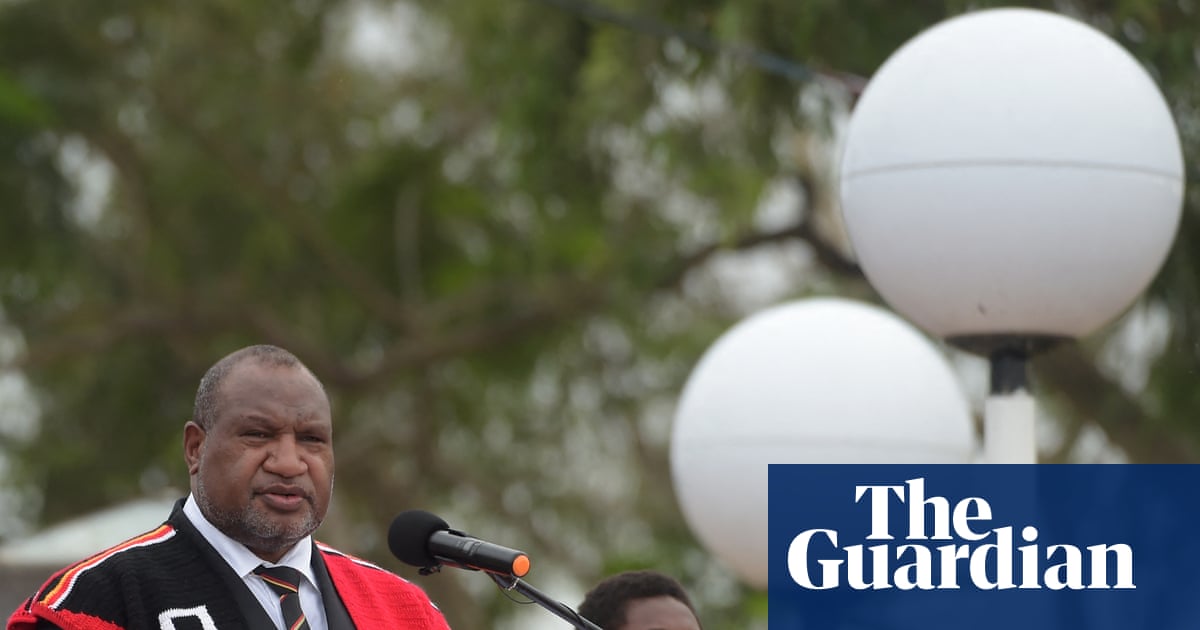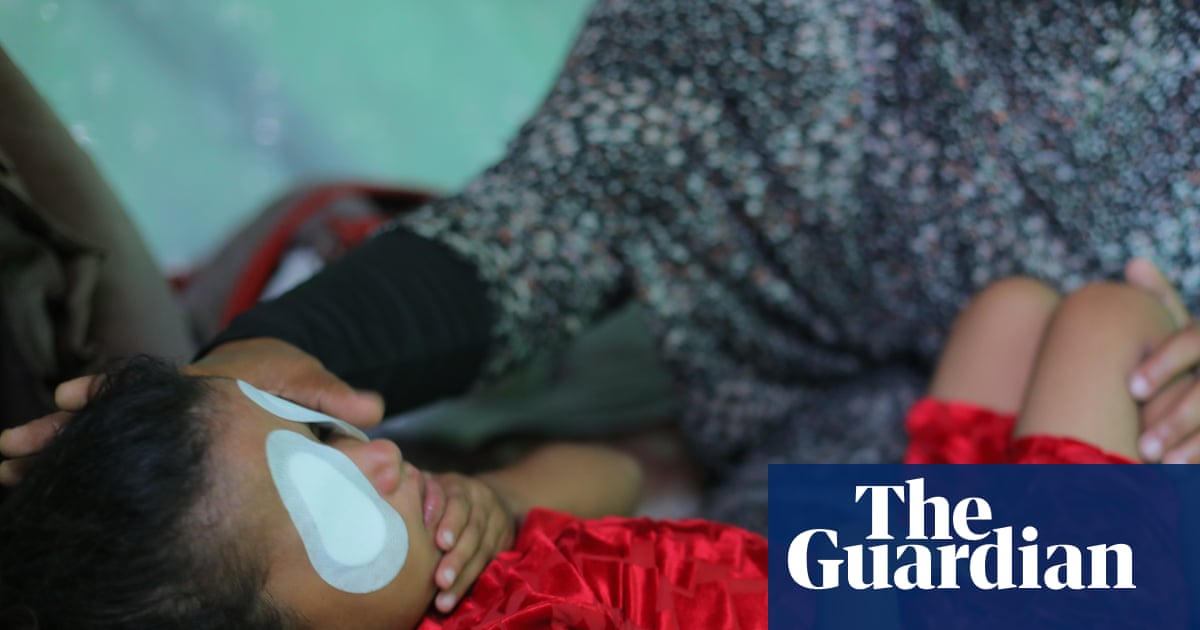A review of student suicides in England dodged “the real issues” with universities, the parents of a student who killed herself before a class presentation have said.
The national review of higher education student suicide deaths, commissioned by the Department for Education, heard that families suffered “distressing experiences” at the hands of university administrators, and concluded that universities owed a “duty of candour” to relatives, including greater transparency and involvement.
Prof Sir Louis Appleby, director of the national confidential inquiry into suicide and safety in mental health, which conducted the review, said: “The main aim of this national review is to improve learning from these tragic incidents to help prevent future deaths.
“We found an excellent response from universities to this national review and, on such a sensitive issue, this is a welcome sign for prevention.
“However, the families we spoke to provided moving accounts of feeling excluded from the process of finding out what happened to their loved ones, and some had a perception the university was evasive and reluctant to answer important and painful questions.”
But Robert Abrahart, the father of Natasha Abrahart, a physics student at the University of Bristol who had chronic anxiety and killed herself in 2018, said the review “doesn’t tell us anything we didn’t already know” regarding untrained staff and poor communication, and failed to tackle underlying issues of accountability.
“Universities are not set up to take responsibility for students in distress,” he said.
“The way higher education is run – on paper and in practice – means no one is clearly in charge when a student is struggling. That’s why decisive action is often too late or doesn’t happen at all.
“This review points out the cracks but ignores the broken system underneath. We don’t need more reports that dodge the real issue.
“We need change. We need a legal duty of care in higher education before more young lives are lost.”
Robert Abrahart and wife Maggie are among the founders of ForThe100, a group of bereaved parents campaigning for universities to have a statutory duty of care towards students.
The review of serious incident reports, including 79 suspected suicide deaths and 25 incidents of non-fatal self-harm in the 2023-24 academic year, found that mental ill-health was identified in nearly half of the cases, while more than a third mentioned academic problems or pressures. About one in four of the students were in their first year of undergraduate studies.
Dr Cathryn Rodway of the University of Manchester, one of the review’s lead authors, said: “We suggest mental health awareness and suicide prevention training should be available for all staff in student-facing roles, and include recognising and responding to risk and neurodiversity.”
Debbie Laycock, head of policy at Samaritans, said: “Students face a range of pressures during their time at university, and it’s vital that their mental health and wellbeing are prioritised alongside their academic studies.
“Universities must take meaningful steps to create a culture of care and ensure the right support is in place.
“A crucial first step is making sure staff who work directly with students are trained in suicide prevention, so they’re equipped to recognise warning signs and potentially save a life.”
Bridget Phillipson, the education secretary, said: “For too long, families have been left with unanswered questions and denied the transparency they deserve. This must change.
“We are committed to working with universities, experts and students to turn the findings of this review into real, lasting improvements.”
-
In the UK and Ireland, Samaritans can be contacted on freephone 116 123, or email [email protected] or [email protected]. In the US, you can call or text the National Suicide Prevention Lifeline on 988, chat on 988lifeline.org, or text HOME to 741741 to connect with a crisis counsellor. In Australia, the crisis support service Lifeline is 13 11 14. Other international helplines can be found at befrienders.org

 3 months ago
181
3 months ago
181

















































